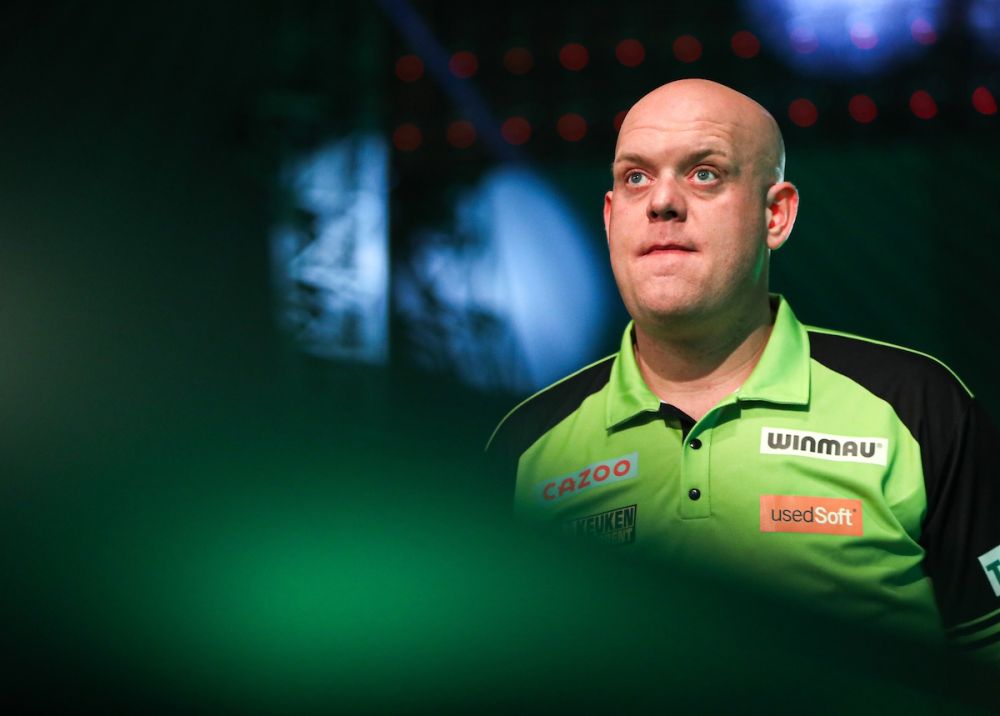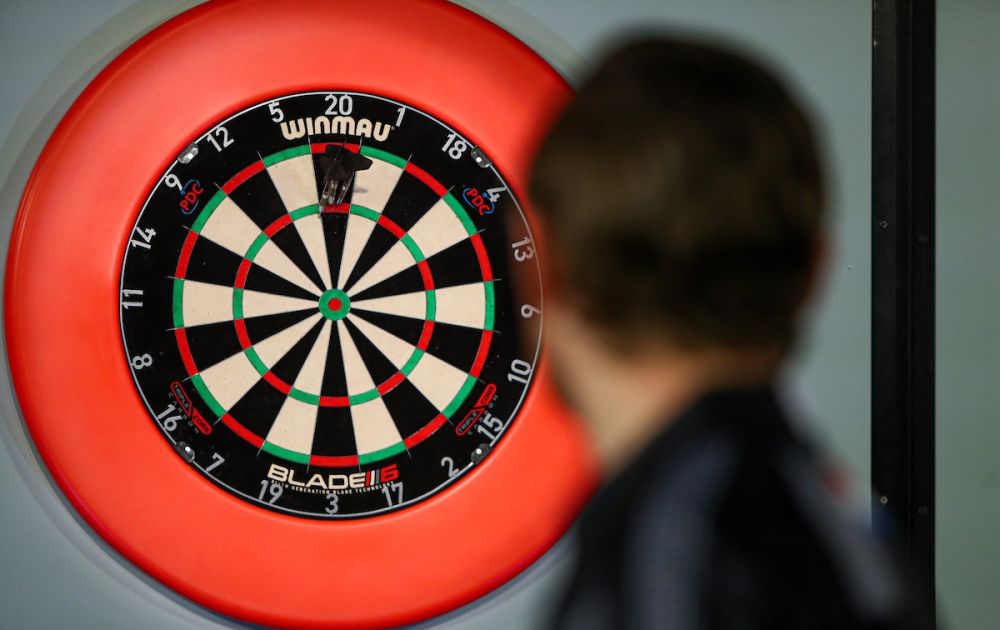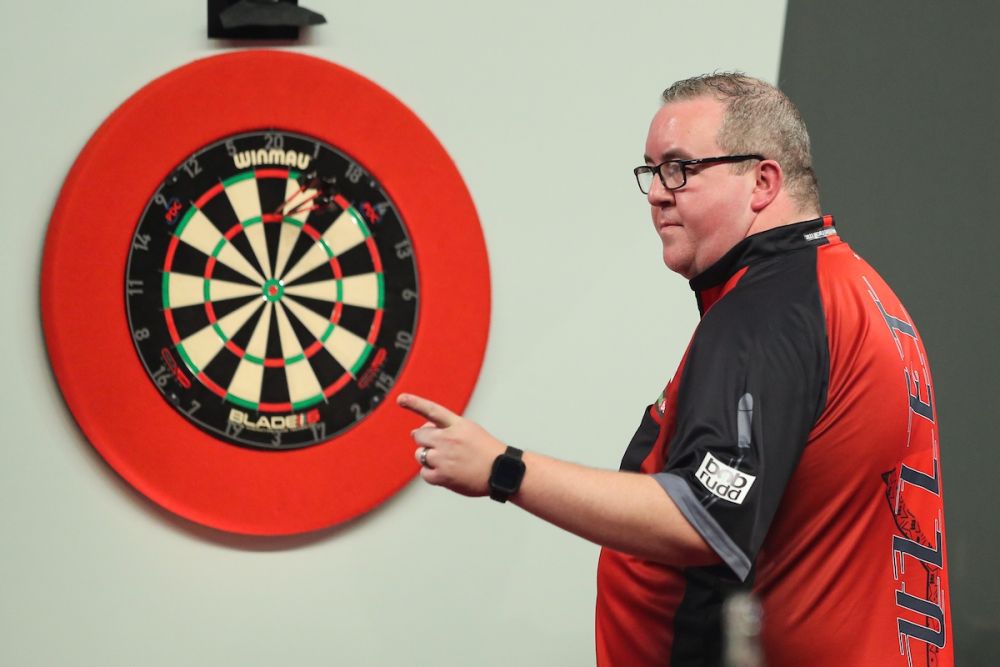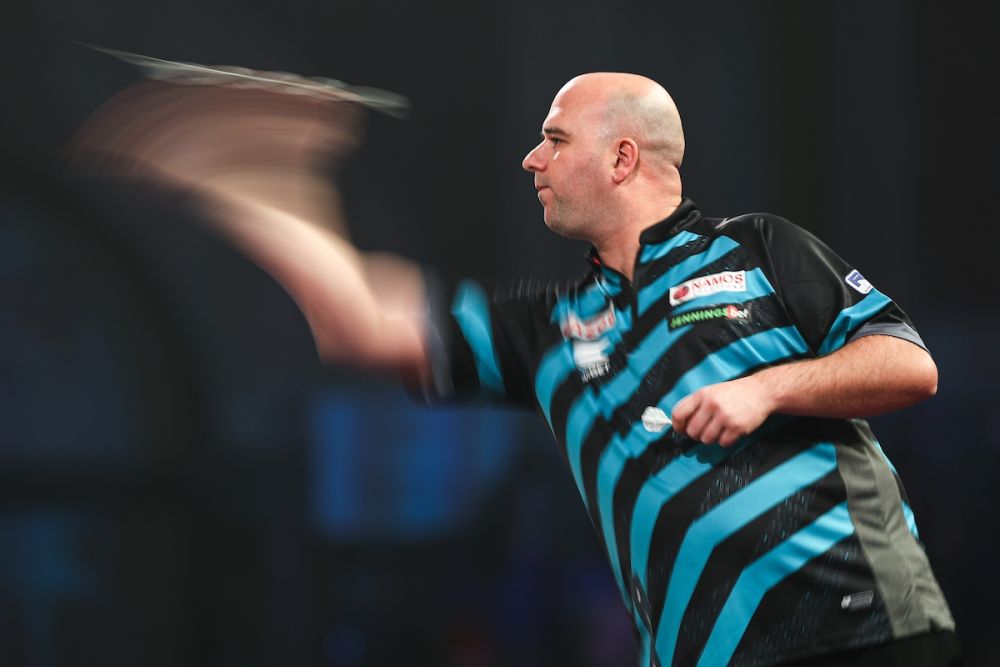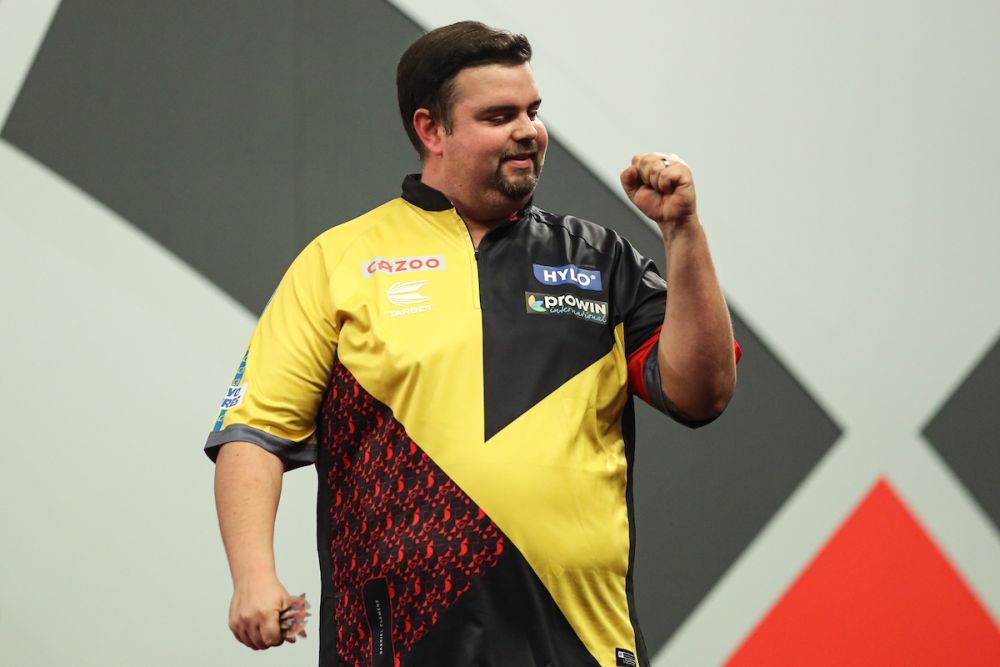Do’s & Don’ts
DO…Show your personality.
Being yourself and letting your personality shine is what your fans are looking for. Personality creates stars in our sport. However, try to avoid any humour that might be considered in bad taste.
DON’T…Talk negatively about other competitors, countries, organisations or brands.
Any gossip or slanderous comments can be easily highlighted and taken the wrong way. Remember that you are an ambassador for your sport. This is likely to put you in breach of the DRA Rules.
DO…Remember everyone can see you.
Before you write anything, remember that it’s public and anyone can take your words and put them in a newspaper, on a website or the TV. Media will be monitoring social media and will use your words as quotes. Pause and think carefully before you mention embarrassing stories about you or other sports persons.
Stephanie Rice (an Australian triple Olympic swimming gold medallist) lost a lucrative sponsorship deal after she posted an inappropriate comment on Twitter.
DON’T…Forget your rivals may be reading
Other competitors may gain confidence if they read any comments you make about poor form in practice, feeling tired, upset or low on confidence.
A GB gold medallist rower was given the belief that he could win a medal against one of his American competitors by reading his rival’s blog: “From his blog I got the impression that he was not some untouchable superstar. He had worries and demons like everyone else. He was beatable”.
DO…Be responsible.
You are personally responsible for the content you provide and how you behave online. Be careful and if you’re in doubt, don’t post it.
England cricketer Dimitri Mascarenhas was uncomplimentary about national team selector Geoff Miller and was fined £1,000.
DON’T…Swear.
Even suggestions of foul or abusive language by replacing letters with symbols e.g. s@£t should be avoided. Similarly, don’t get into disputes with your audience – instead, show that you have listened and be responsive in a positive manner.
The ECB suspended Azeem Rafiq, the captain of England under-19 team, for his use of inappropriate language on Twitter.
DO…Share your performance and achievements on the tour.
Take your fans with you on a journey through the tour. Let them know what it requires to be a professional darts player.
DON’T…Assume anything you delete will completely disappear
It’s almost impossible to completely remove information on social networking sites even if you ‘remove/delete’ it from the original source. There is no way of knowing where it may have been reposted. So think before you post.
DO…Report anything that concerns you.
If you see any comments or photos that concern you or you feel in the course of a conversation that somebody may need help or be in danger, report it to the relevant authority.
DON’T…Be provoked into responding.
There are accounts set up to provoke you into controversial discussions or to respond to abuse.
These accounts are often anonymous or created using false details and the only person who is
identifiable is you.
DON’T…Link to any unsuitable content.
Make sure that any links you give are sending users to appropriate content and following the guidelines stated above.
